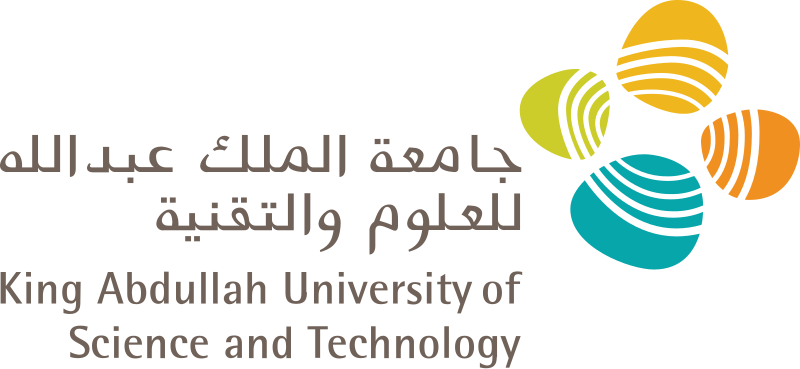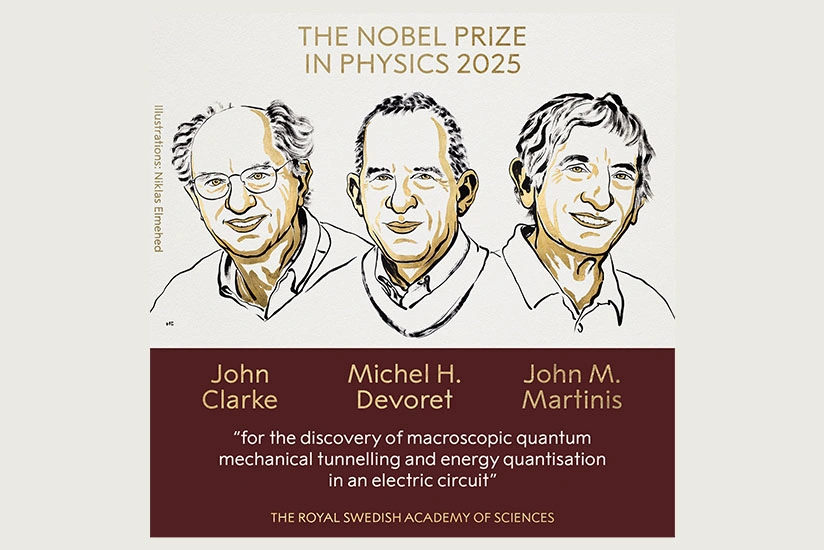
Applying to KAUST - Your Complete Guide for Masters & Ph.D. Programs (Upcoming Admissions)
Admissions Overview & Key Requirements

The 2025 Nobel Prize in Physics has been awarded to John Clarke, Michel H. Devoret, and John M. Martinis for their groundbreaking experiments that revealed the strange rules of quantum mechanics at a scale large enough to hold in one’s hand. The Nobel Committee recognized the trio “for the discovery of macroscopic quantum mechanical tunnelling and energy quantization in an electric circuit.”
Their experiments addressed a long-standing question in physics: How large can a system be and still display quantum effects? The laureates demonstrated that an entire electrical circuit, built from superconductors, could behave like a single quantum particle.
In a series of experiments conducted in 1984 and 1985, the team used superconducting materials separated by an ultra-thin insulating layer — a setup known as a Josephson junction. When current passed through this junction, the electrons moved collectively, forming a unified system that exhibited two hallmark quantum behaviors: tunnelling and quantized energy levels.
In classical physics, a system must have enough energy to cross a barrier. Quantum mechanics, however, allows it to pass through the barrier via tunnelling. The laureates’ circuit, initially trapped in a zero-voltage state, managed to escape that state without extra energy input — a direct observation of macroscopic quantum tunnelling. They also showed that the circuit could absorb and emit only specific amounts of energy, confirming the principle of quantization.
“There is no advanced technology used today that does not rely on quantum mechanics, including mobile phones, cameras… and fiber optic cables,” said the Nobel committee.
These discoveries mark a milestone in the development of quantum technology, paving the way for advances in quantum computers, sensors, and cryptography. While transistors in today’s computer chips already rely on quantum principles, the laureates’ work extends quantum behavior to larger, engineered systems.
Speaking at a news conference, Clarke said he was “completely stunned” to learn he had won. “We had not realized in any way that this might be the basis of a Nobel Prize,” he said, recalling the experiments from his days at the University of California, Berkeley.
The 2025 physics award follows last year’s recognition of Geoffrey Hinton and John Hopfield for their contributions to artificial intelligence, and the 2023 prize awarded to European researchers for their pioneering use of lasers to study the ultrafast motion of electrons.
This year’s prize includes a cash award of 11 million Swedish kronor (approximately $1 million USD).
Share

Applying to KAUST - Your Complete Guide for Masters & Ph.D. Programs (Upcoming Admissions)
Admissions Overview & Key Requirements

An mRNA cancer vaccine may offer long-term protection
A small clinical trial suggests the treatment could help keep pancreatic cancer from returning

Registration Opens for SAF 2025: International STEAM Azerbaijan Festival Welcomes Global Youth
The International STEAM Azerbaijan Festival (SAF) has officially opened registration for its 2025 edition!

Young Leaders Union Conference 2025 in Paris (Fully Funded)
Join Global Changemakers in Paris! Fully Funded International Conference for Students, Professionals, and Social Leaders from All Nationalities and Fields

Yer yürəsinin daxili nüvəsində struktur dəyişiklikləri aşkar edilib
bu nəzəriyyənin doğru olmadığı məlum olub. Seismik dalğalar vasitəsilə aparılan tədqiqatda daxili nüvənin səthindəki dəyişikliklərə dair qeyri-adi məlumatlar əldə edilib.

Lester B Pearson Scholarship 2026 in Canada (Fully Funded)
Applications are now open for the Lester B Pearson Scholarship 2026 at the University of Toronto!